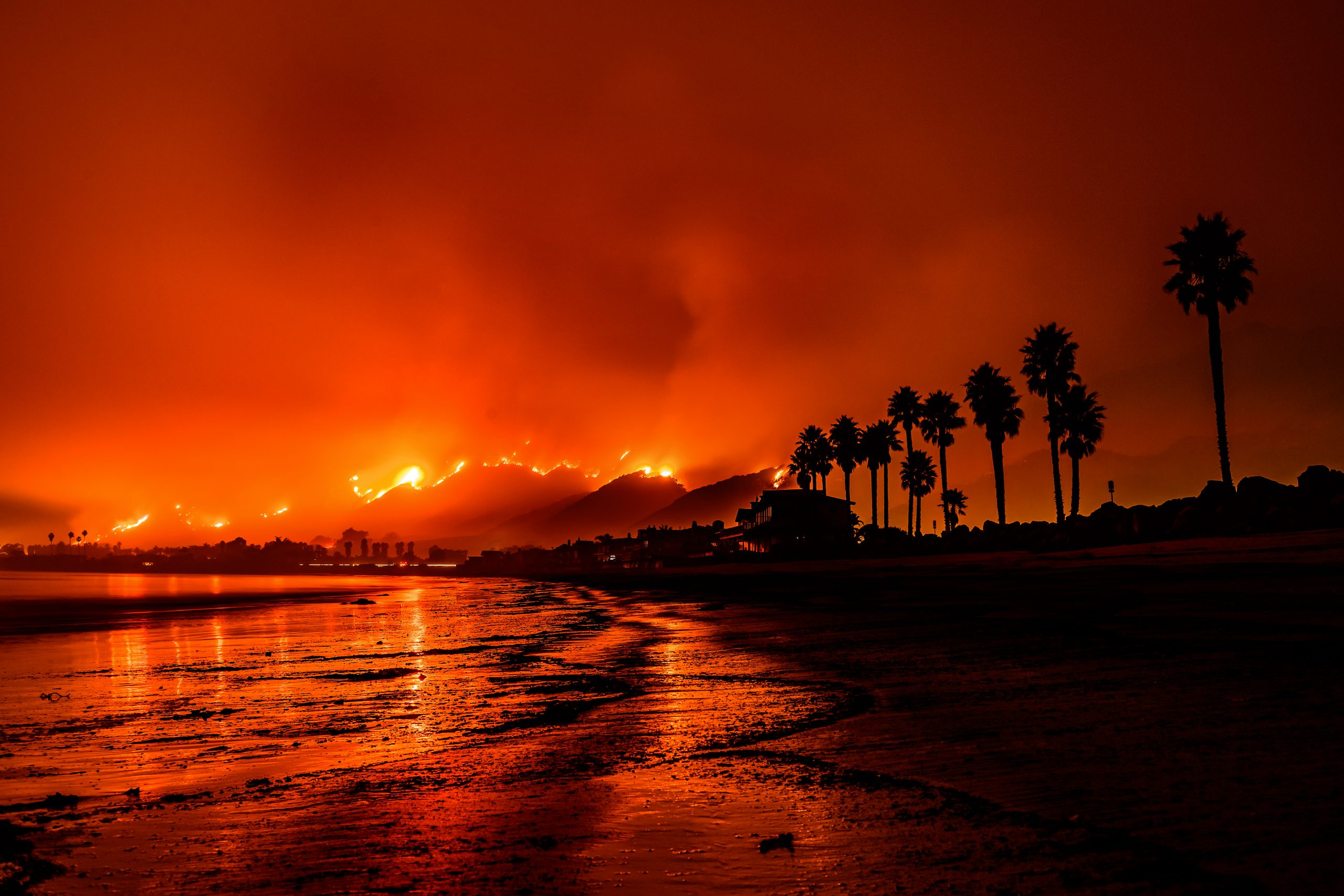Blog

9 tips to help you prepare for a wildfire
Wildfires happen quickly. Sometimes it’s only a matter of seconds from spark to blaze. And once a fire begins, it can spread at a rate of up to 14 miles per hour. With that in mind, the message to homeowners is simple: Be ready. You will have precious little time to react once a wildfire gets started. Since planning ahead is critically important, we created a lineup of important things to remember and prepare for as wildfire season approaches.
- Post a contact list in your home. The list you create will be unique to your situation, but it should include local emergency numbers, contact information for a friend or relative who lives outside your area, and information for getting in touch with your insurance agent. Be sure to add the emergency numbers to the contact list on your cell phone.
- Know emergency warnings and alerts. The National Weather Service (NWS) issues red flag alerts when weather patterns are identified that could contribute to extreme fire danger. A fire weather watch is issued when critical fire weather conditions are possible but not imminent. A red flag warning urges residents to take extreme caution because fires are ongoing or expected to occur shortly. And an extreme fire behavior alert indicates that a wildfire is likely to rage out of control.
- Stay informed. Start by downloading the Be Smart. Know Your Alerts and Warnings document at ready.gov/prepare for a summary of available notifications. It’s important to know how to receive timely information about weather conditions and other emergency information, and this is a good place to start. You can also tune in to local news radio and television for up-to-the-minute coverage of the weather. Some communities offer text or email alerting systems, or you can purchase an NOAA Weather Radio (NWR) to receive broadcast alerts directly from the National Weather Service.
- Gather important documents and belongings. If you and your family are forced to evacuate, you may need to take necessary medications and prescriptions with you, as well as eyeglasses, hearing aids and any medical equipment. Hard drives or portable flash drives with important documents should be on your to-go list, along with certain irreplaceable items, such as photos, mementos and jewelry that can be easily transported with you. Put everything in a to-go bag or container that you can grab in a hurry. You will also need quick and easy access to your car keys, driver’s license, cell phone (and charger), and credit cards or cash.
- Plan your evacuation routes. Ideally, you should be familiar with at least two ways to exit your neighborhood in case some of the roads are blocked. Of course, you need to make sure your vehicle has plenty of gas at all times. Your community may have an evacuation plan of its own, which could include information for people with disabilities, pets, service animals and livestock. You probably won’t have much time to evacuate, so back your vehicle into the garage or driveway so it faces the direction of your escape.
- Arrange for temporary housing. Identify a place to stay in the event that you have to leave your home. This could be the home of a friend or relative who lives outside your area. If you need to go to a shelter, find out ahead of time where the emergency shelters are located or contact the American Red Cross for additional information.
- Take care of your pets. You may need to find your furry friends in a hurry, so don’t let them wander off. Be sure to also include them in your evacuation plans. Shelters typically accept service animals, but they don’t always accommodate pets. Call ahead so you know the rules in advance.
- Plan for communicating with your loved ones. Because you can’t assume that your entire family will be together when a wildfire strikes, it’s important to agree on how you will communicate and where you will meet. Texting is easier and often faster than calling someone, but cell phone batteries can die, so experts recommend recording important numbers on a piece of paper and stashing it in your wallet.
- Prep your property. Click here for steps to take before, during and after a wildfire to help protect your home.
When it comes to wildfires, preparation is critical. Take some time to plan ahead, and you’ll be ready if and when a wildfire strikes.
Download this infographic and share it with all those who may be affected by wildfires this year.
CS_N_23052_PH_Wildfire-Infographic_FA-1For information only. Not applicable to all situations.







